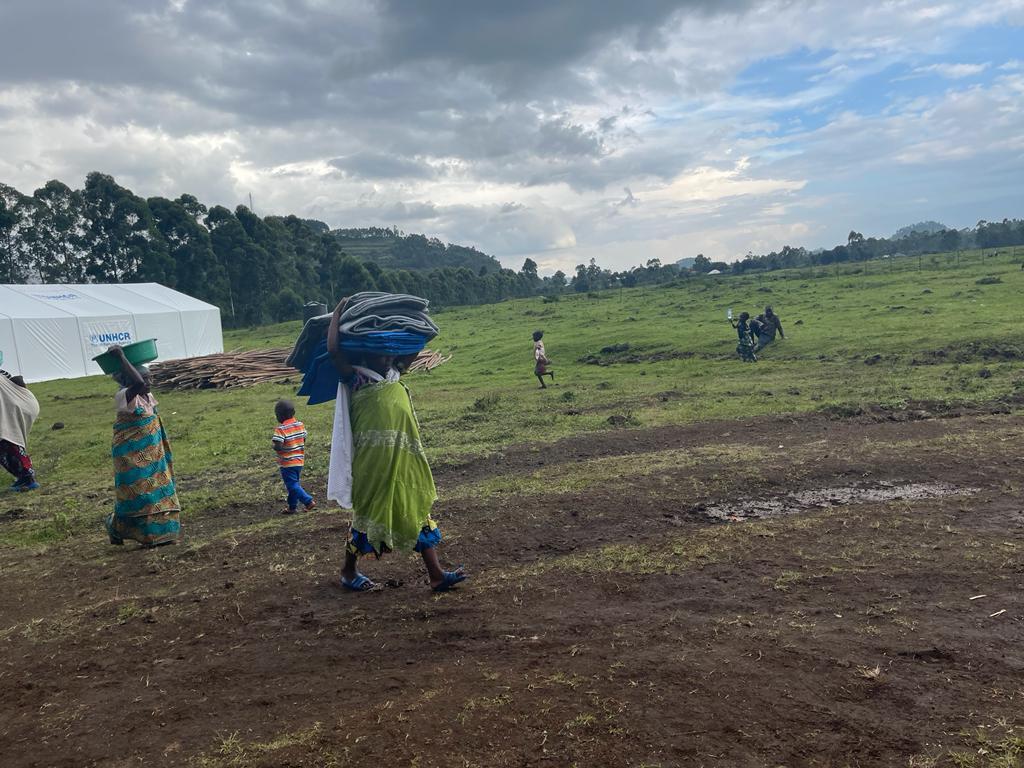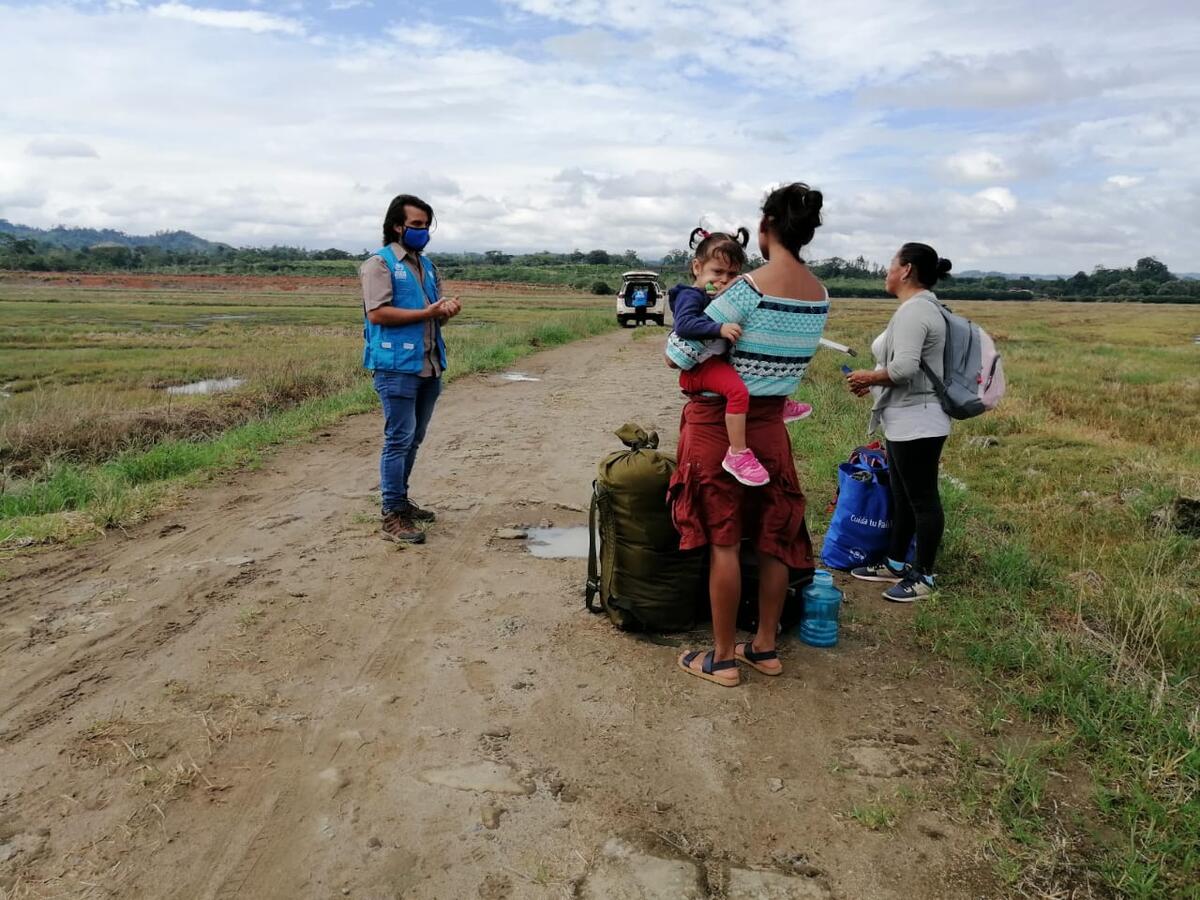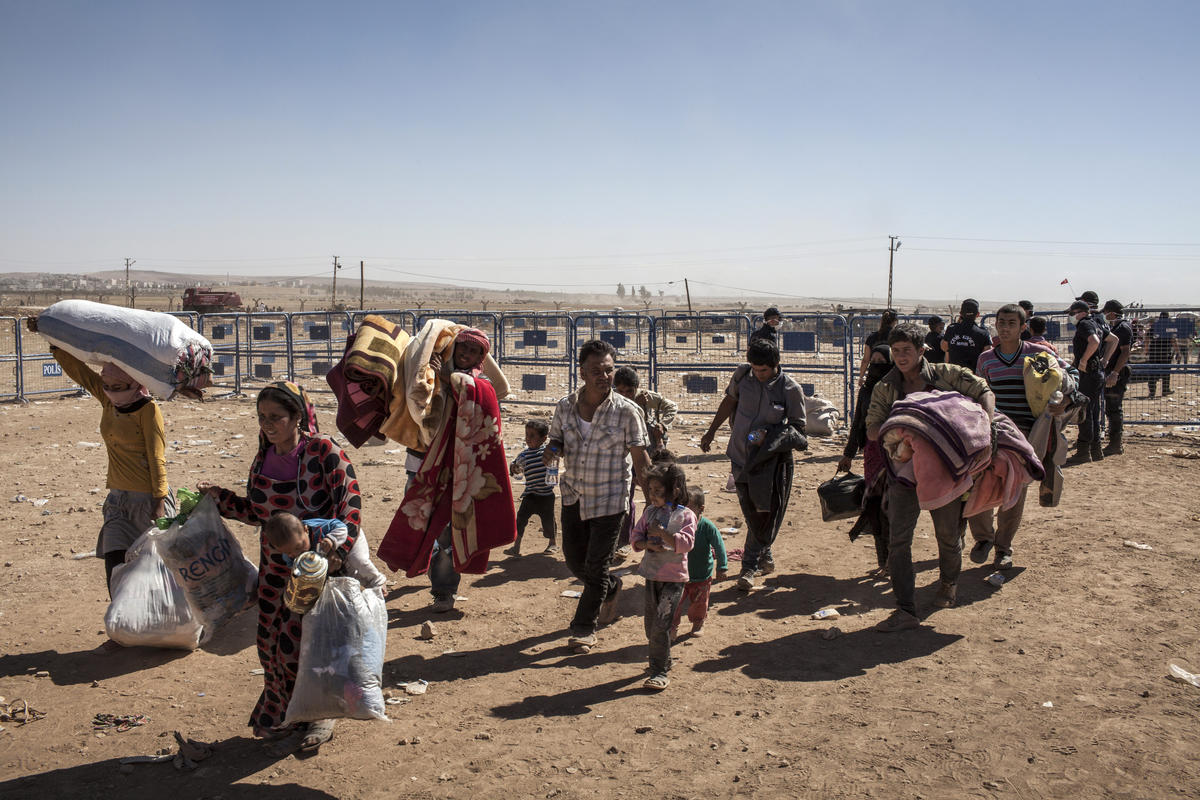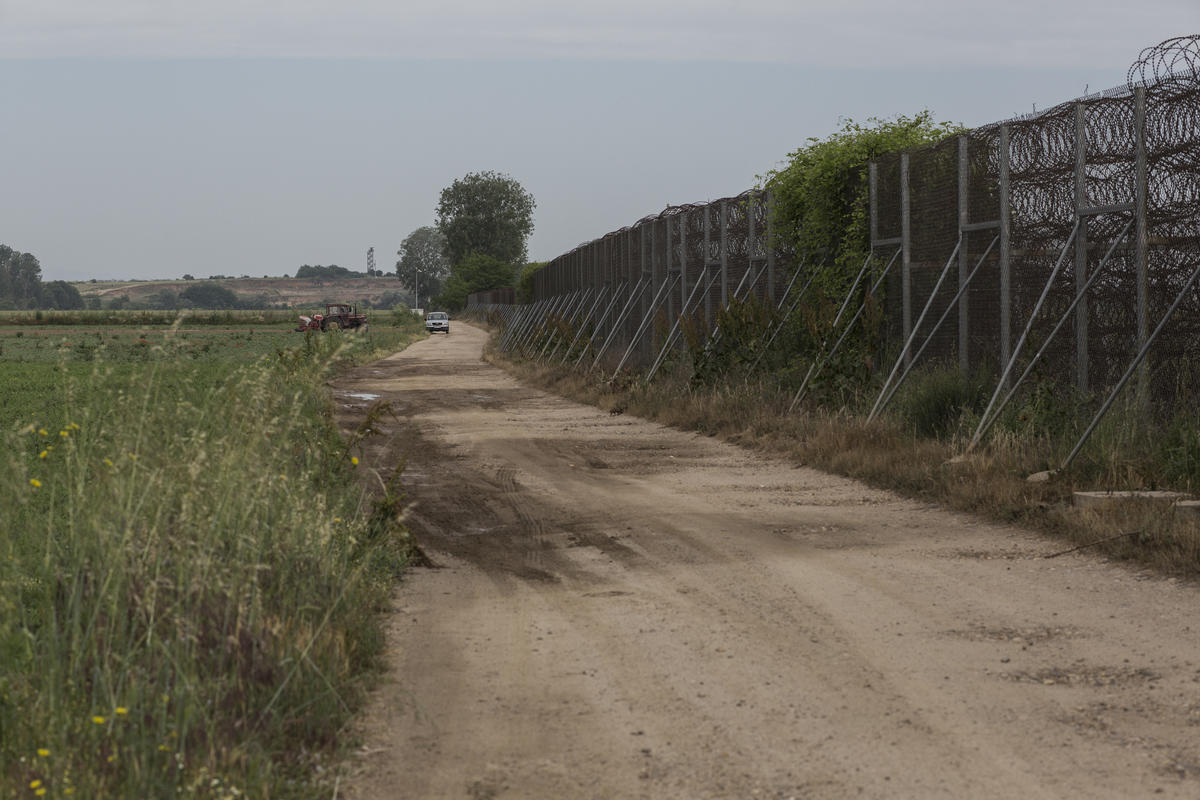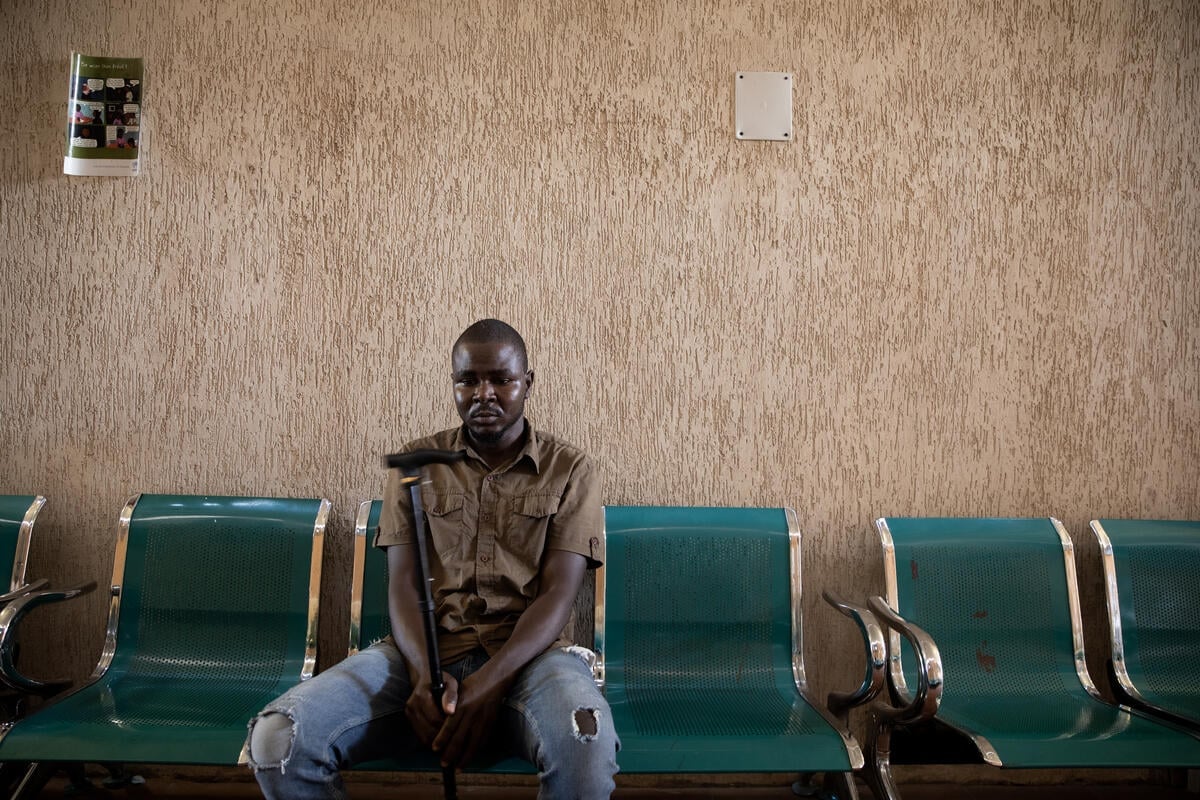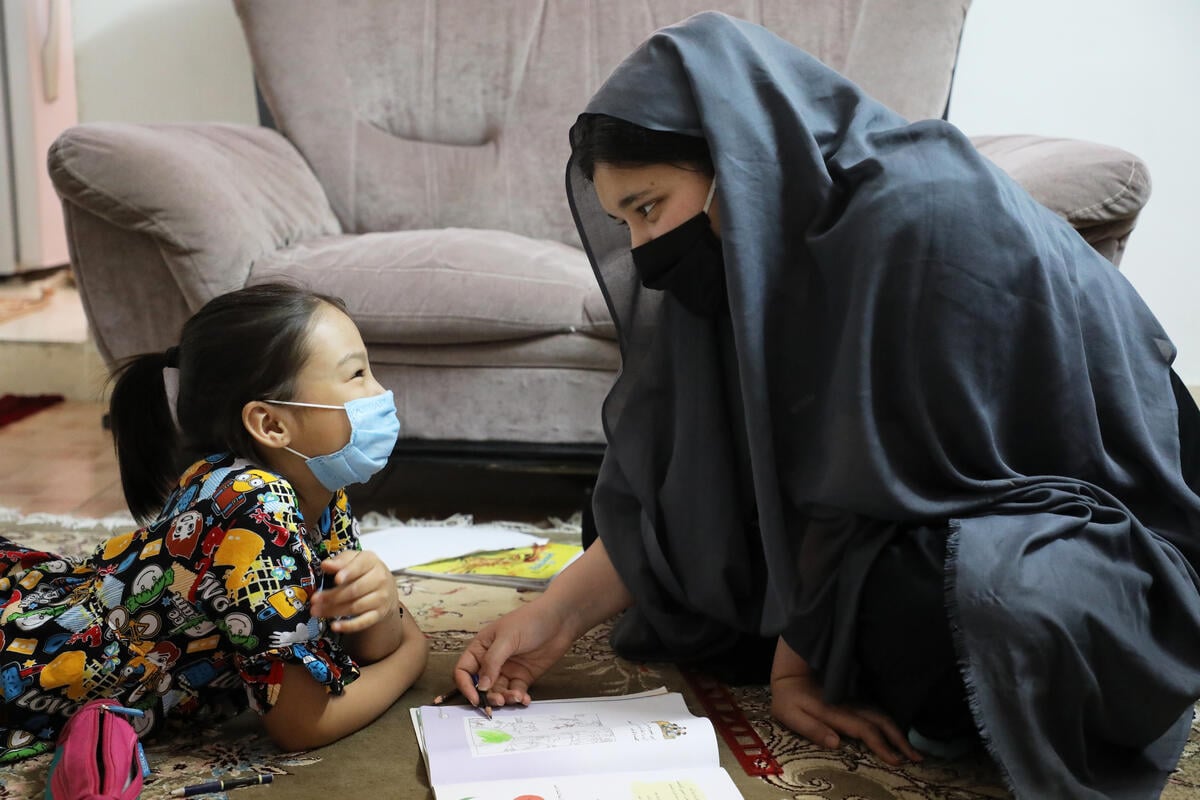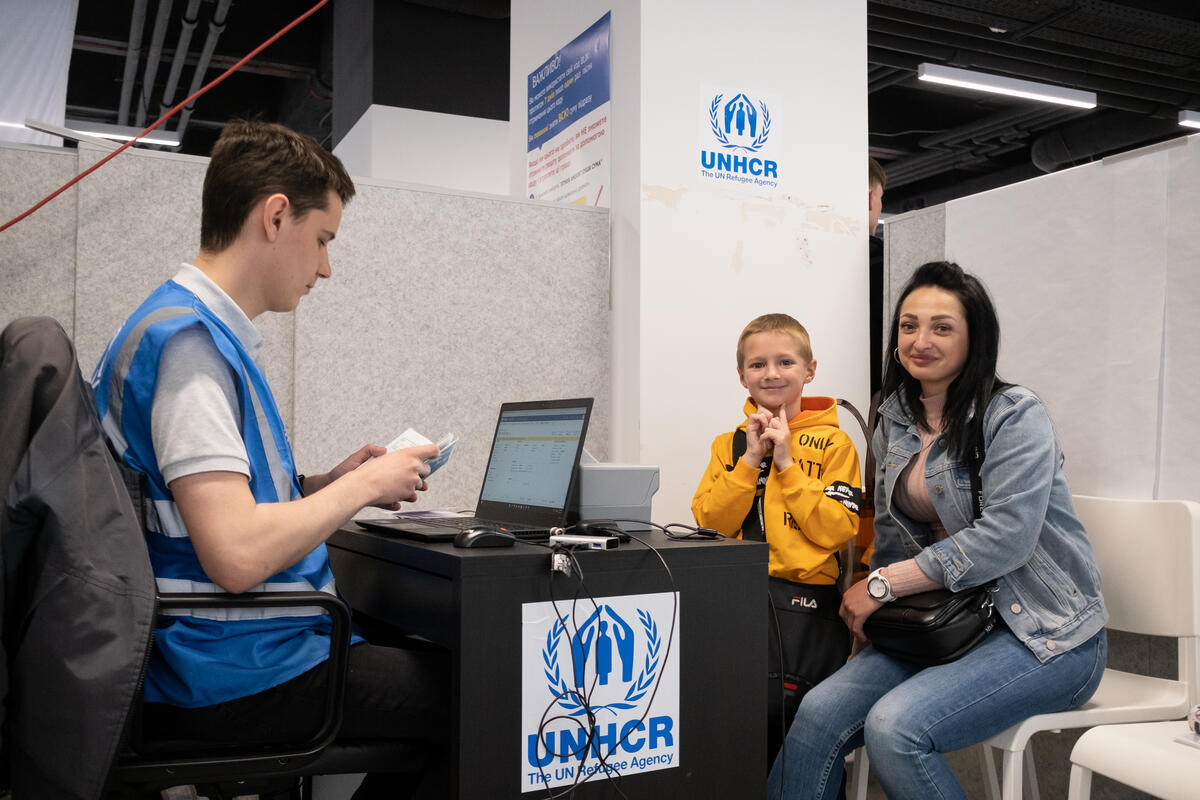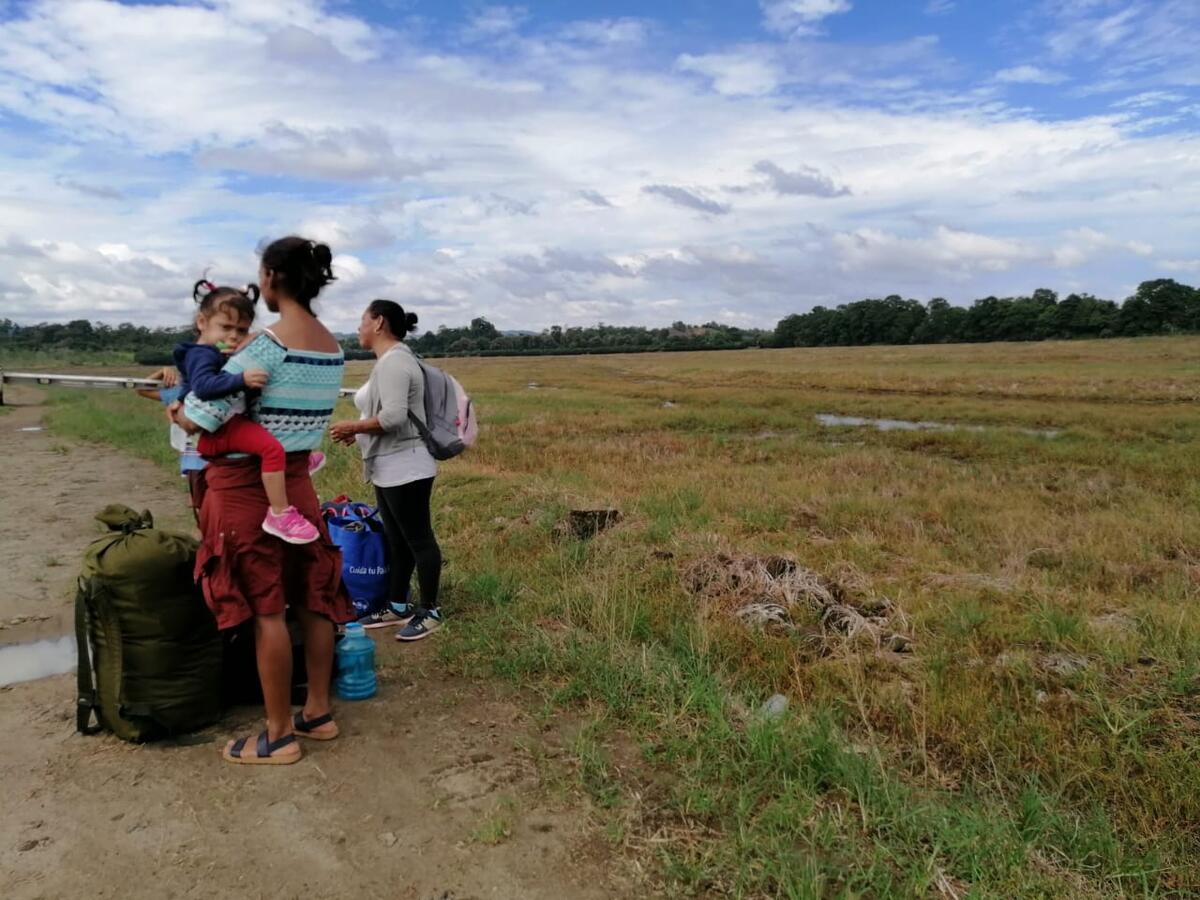Ireland grants refugees and asylum seekers right to vote
Ireland grants refugees and asylum seekers right to vote
DUBLIN, Ireland, April 30 (UNHCR) - Refugees and asylum seekers in Ireland will be eligible to vote for the first time in local elections on June 11 this year, following uncertainty based on the lack of recognition of their identity documents.
Until this week, refugees and asylum seekers had been barred from participating in local elections because the list of documents accepted as identity documents for voting failed to include the Temporary Registration Certificate (TRC) card that is carried by asylum seekers, or the Garda [Police] National Immigration Bureau (GNIB) card carried by refugees.
However, the Irish Minister for the Environment, Heritage and Local Government, Martin Cullen, announced this week new regulations extending the list of documents that are acceptable for the purpose of voting to include those held by refugees and asylum seekers.
On April 27, the minister's department stated: "When a person goes to vote, he may be asked for identification, and the inclusion of the TRC card and the GNIB card will ensure that asylum seekers and refugees who are registered on the register of electors will have appropriate identification documents available to them."
Under Irish electoral law, all voters must be "ordinarily resident" at an address and aged 18 years and above to be eligible to register as a voter. Subsequently, their citizenship defines the elections at which they are entitled to vote.
Irish citizens are eligible to vote at all polls, EU citizens can vote at European and local elections, while non-nationals (other than EU citizens) can vote at local elections only.
Integrating Ireland, an independent network of voluntary groups working with refugees and asylum seekers, welcomed the minister's announcement. The project's director, Dr. Jean-Pierre Eyanga, urged the Irish government to promote "a positive model of integration" and warned, "The alternative poses the risk that Ireland's new communities would be disenfranchised."
He explained, "Asylum seekers surrender their national passports to claim asylum. It is equivalent to saying, 'My country cannot or will not protect me', but for many that has resulted in a loss of identity. The temporary registration cards issued to asylum seekers actually state on the back, 'This is not an ID'. This causes many difficulties."
"Whilst we welcome the decision on identity cards," Dr. Eyanga noted with irony that "on the same day new communities go to the polls in local elections, they will be standing in the same polling stations where the Irish public are being asked to vote on a change to Ireland's Constitution, which grants children born in Ireland automatic citizenship, regardless of descent."
In addition to European and local elections on June 11, Ireland will hold a Constitutional referendum on the right to citizenship of children born in Ireland to non-national parents.
Previously, non-national parents of children born in Ireland could apply for residence based on the automatic citizenship of their child. Asylum seekers with children born in Ireland were also eligible, until this was overturned by a ruling in the Irish Supreme Court in 2003, which granted the possibility to the Irish authorities to deport the non-national parents of an Irish citizen.
Integrating Ireland is encouraging refugees and asylum seekers to go to the polls on June 11. Dr. Eyanga also urged the Irish government "to encourage new communities to vote with a special campaign" in the time remaining.


